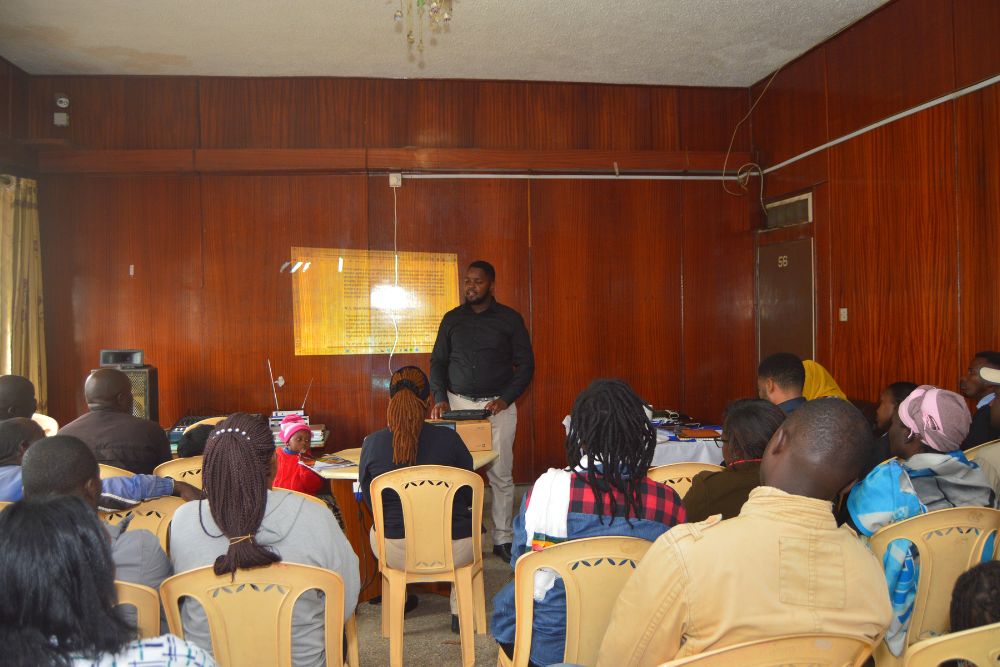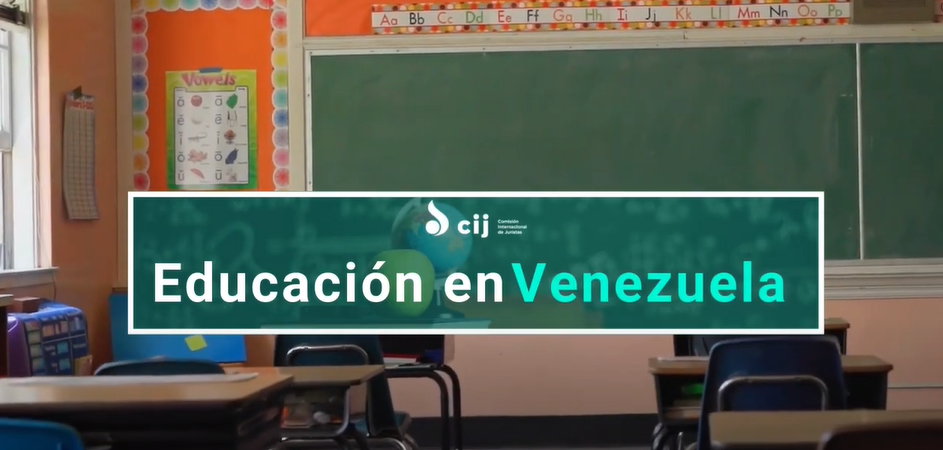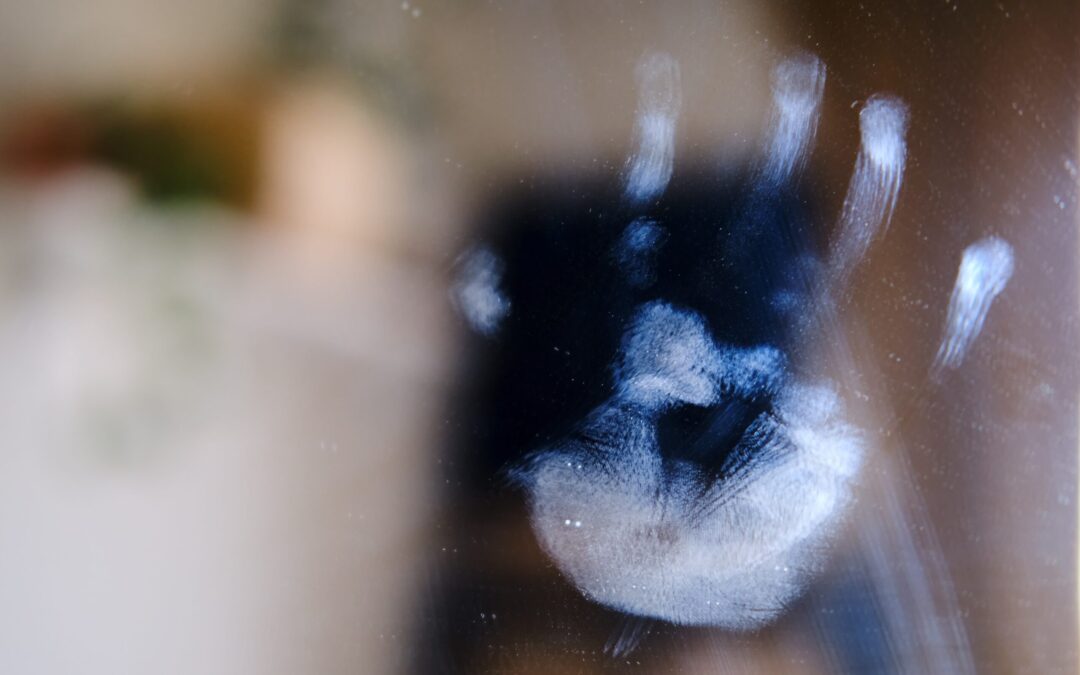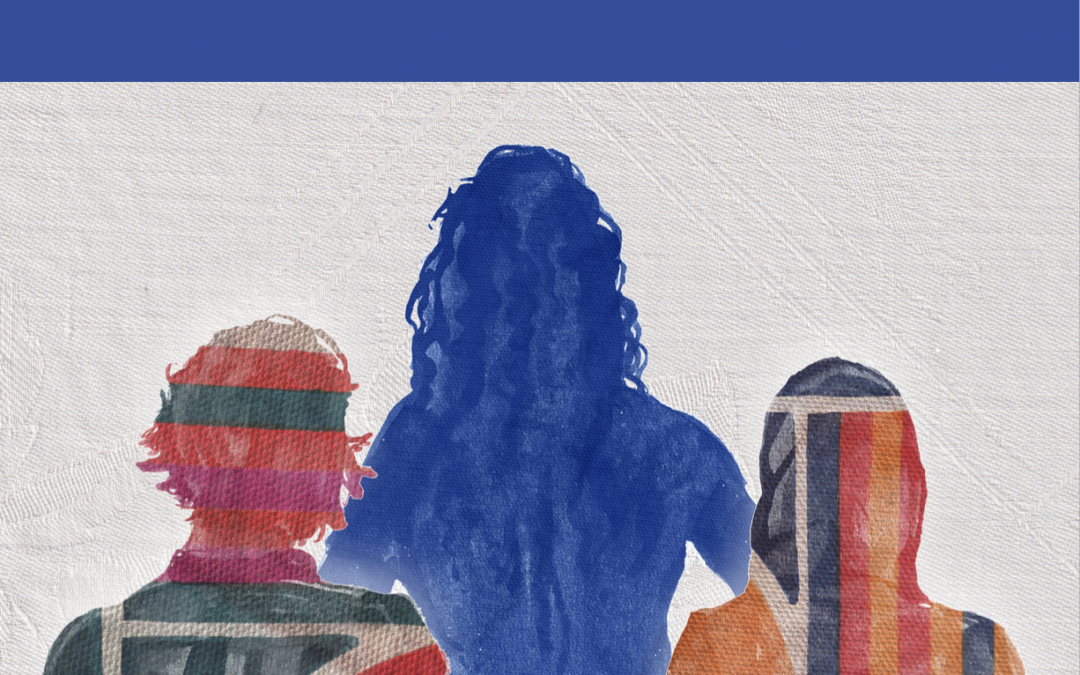
Jul 22, 2024 | Advocacy, Reports
In Mathare, a large informal settlement in Nairobi, Kenya, there is an urgent need to improve access to quality public education, and to regulate private actors providing educational services in the community. These are some of the key findings in ‘Build Us More Schools’: The Quest for Quality Free Education in Mabatini and Ngei Wards of Mathare, Nairobi, a research report published today.

May 30, 2024 | Informes, News, Publications, Thematic reports, Web Stories
In a report released today on the right to education in Venezuela, the International Commission of Jurists (ICJ) called on Venezuela to take immediate measures to reverse the sharp deterioration of the public education system over the past decade. The report, Hidden...

Apr 30, 2024 | Informes, Publicaciones, Publications, Publications, Thematic reports, Web Stories
In a report released today, the International Commission of Jurists (ICJ) evaluates the failure of Venezuela’s Public Prosecutor’s Office to address cases involving gross human rights violations amounting crimes under international criminal law. The report concludes...
Mar 14, 2024 | Communiqués de presse, Comunicados de prensa, Press Releases, Reports
Pre-selection process for high judicial authorities and judicial independence March 14, 2024 The International Commission of Jurists (ICJ), the Latin American Federation of Magistrates (FLAM) and the Due Process of Law Foundation (DPLF) led a Fact-Finding...

Oct 26, 2021 | News, Publications, Thematic reports
The Libyan authorities should improve the protection of women’s and girls’ human rights in the Draft Constitution and ensure their full, unimpeded participation in the constitutional reform process, the International Commission of Jurists (ICJ) said in a briefing paper published today.

Jun 22, 2021 | News, Publications, Reports, Thematic reports
Venezuela’s judiciary has become a tool for political control of the country by the Executive branch rather than a defender of the rule of law, said the ICJ in a report launched today.
The 55-page report Judges on the Tightrope documents the undermining of judicial independence in the country, due to the political control or influence on the judiciary, and because of the role the Supreme Court of Justice (SCJ) has played in undermining the independence of judges around the country.
“Justice is a human right and it is a fundamental right for the protection of other rights. Without the essential guarantees of the independence and impartiality of judges, we do not have justice. In Venezuela today, the right to justice is not guaranteed, to the extent that we do not have a system of independent and impartial judges,” said Carlos Ayala, ICJ’s vice president.
Venezuela’s Supreme Court of Justice, long controlled by the country’s Executive branch, has overseen a collapse of the rule of law in the country, with some 85 percent of judges holding provisional posts that subject them to political pressure, and courts receiving direct pressure to return verdicts in support of the government and against human right defenders and critics of the government.
“The political takeover of the SJC has placed judges on a tightrope in Venezuela, rendering them unable to defend the rule of law, to provide accountability for the many gross human rights violations in the country, or to protect the rights of the Venezuelan people”, said Sam Zarifi, ICJ’s Secretary General.
The ICJ recommended Venezuela to depoliticize the judiciary in general, and specifically the Supreme Court of Justice. In addition, the report sets a series of specific recommendations to achieve these goals, in particular by:
- Advancing with appointment processes for judges in accordance with constitutional provisions and international standards;
- Establishing independent and autonomous mechanisms within the judiciary for the selection of judges and for exercising of disciplinary functions; and
- Strengthening transparency and accountability in the justice system.
The ICJ called on Venezuelan authorities to comply with international human rights law and international standards related to judicial independence, as well as with the decisions and recommendations that different bodies in the United Nations and Inter-American Human Rights System have made, and allow access to the country for international human rights procedures and mechanisms that will contribute to accountability and the restoration of the rule of law.
The ICJ also urged the UN Human Rights Council to maintain a mechanism to address proper accountability for gross human rights violations until the Venezuelan prosecutors, courts and tribunals are capable of effectively investigating, prosecuting and judging with independence and impartiality those violations.
Contact
Carolina Villadiego Burbano, Latin American Legal and Policy Adviser, email: carolina.villadiego(a)icj.org
Download
Venezuela-Judges on the tightrope-Publications-Reports-Thematic reports-2021-ENG









